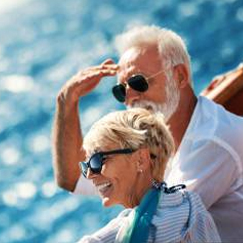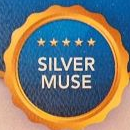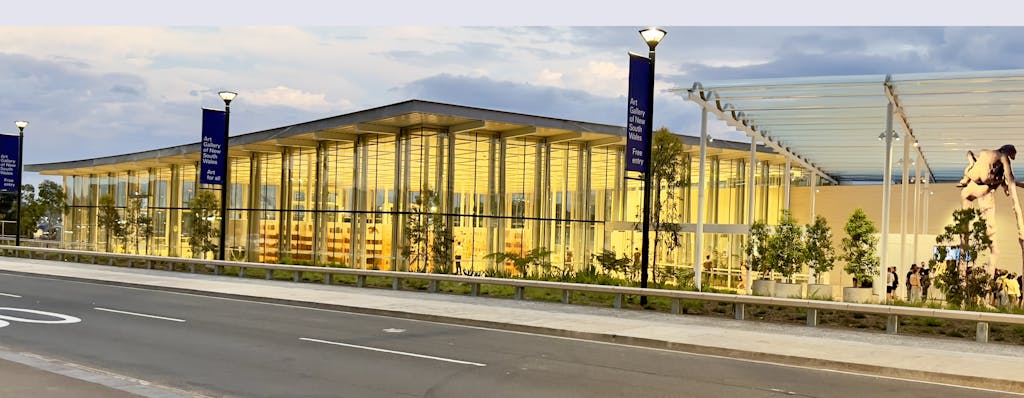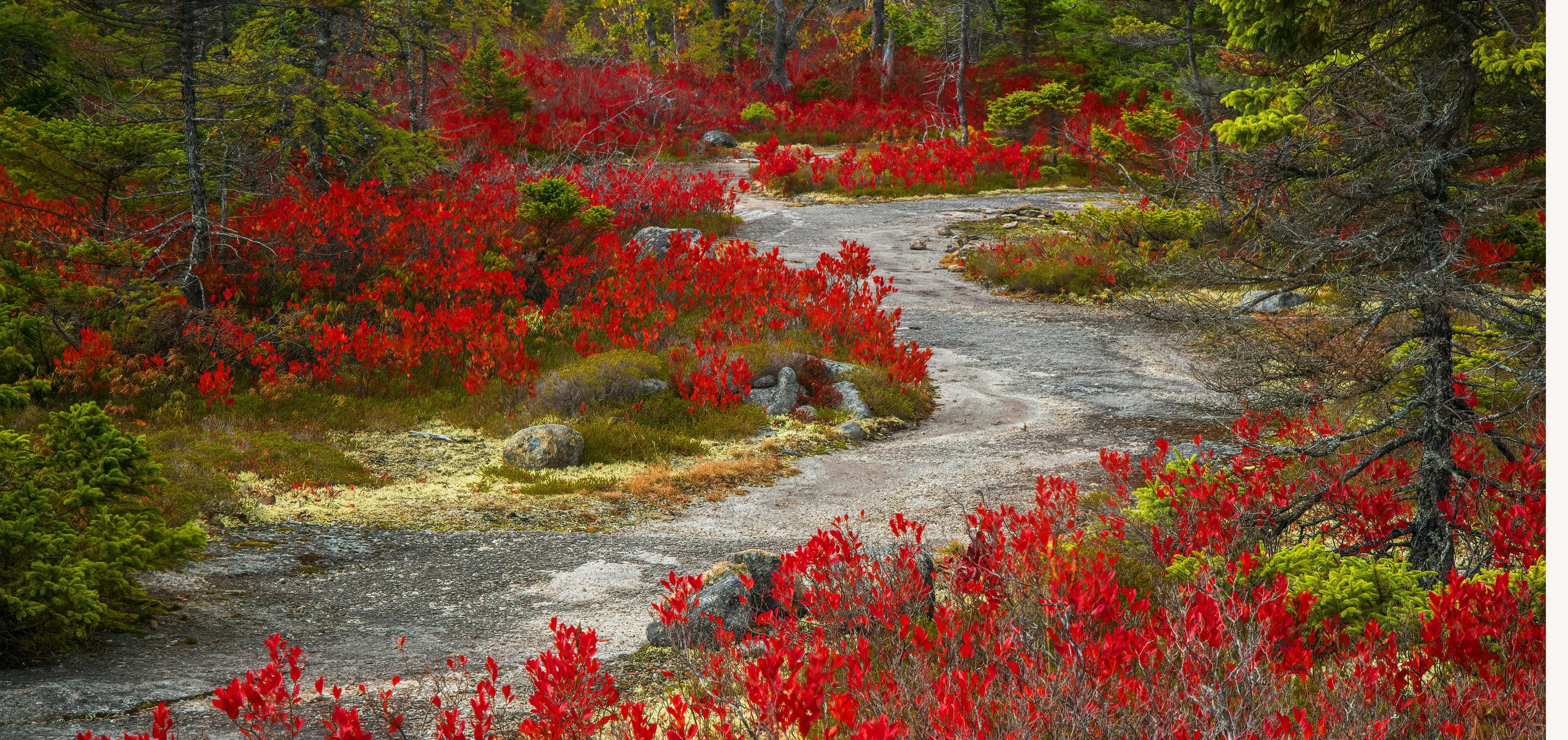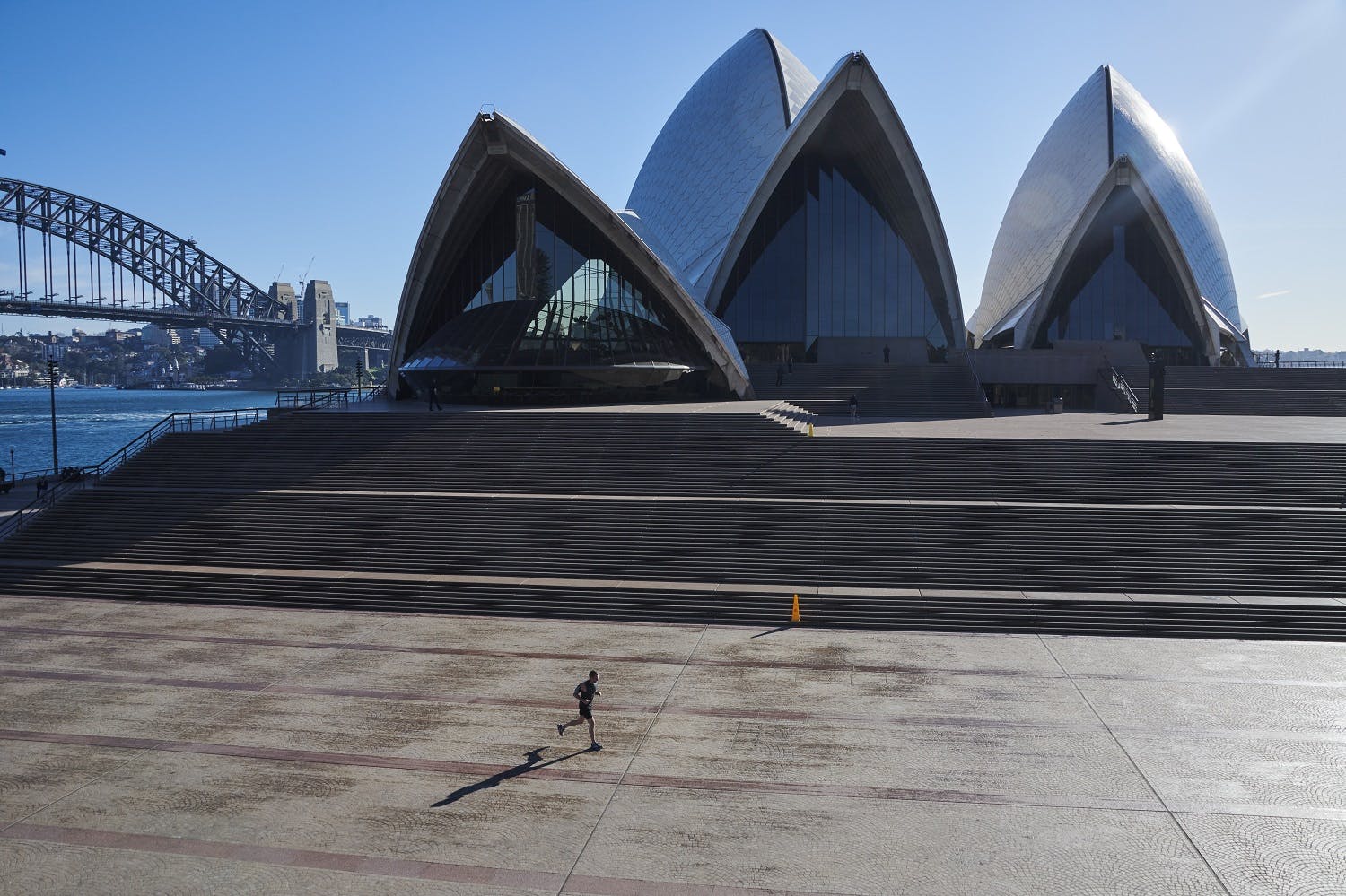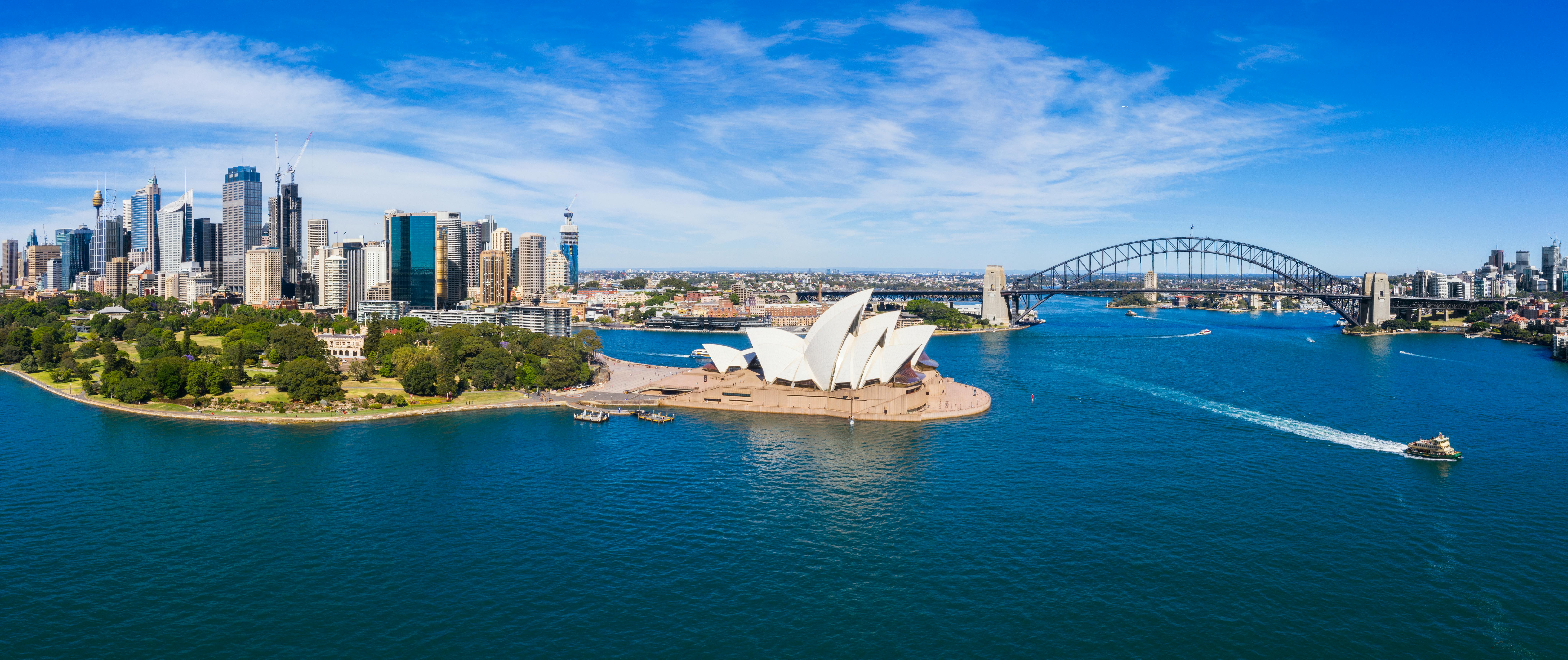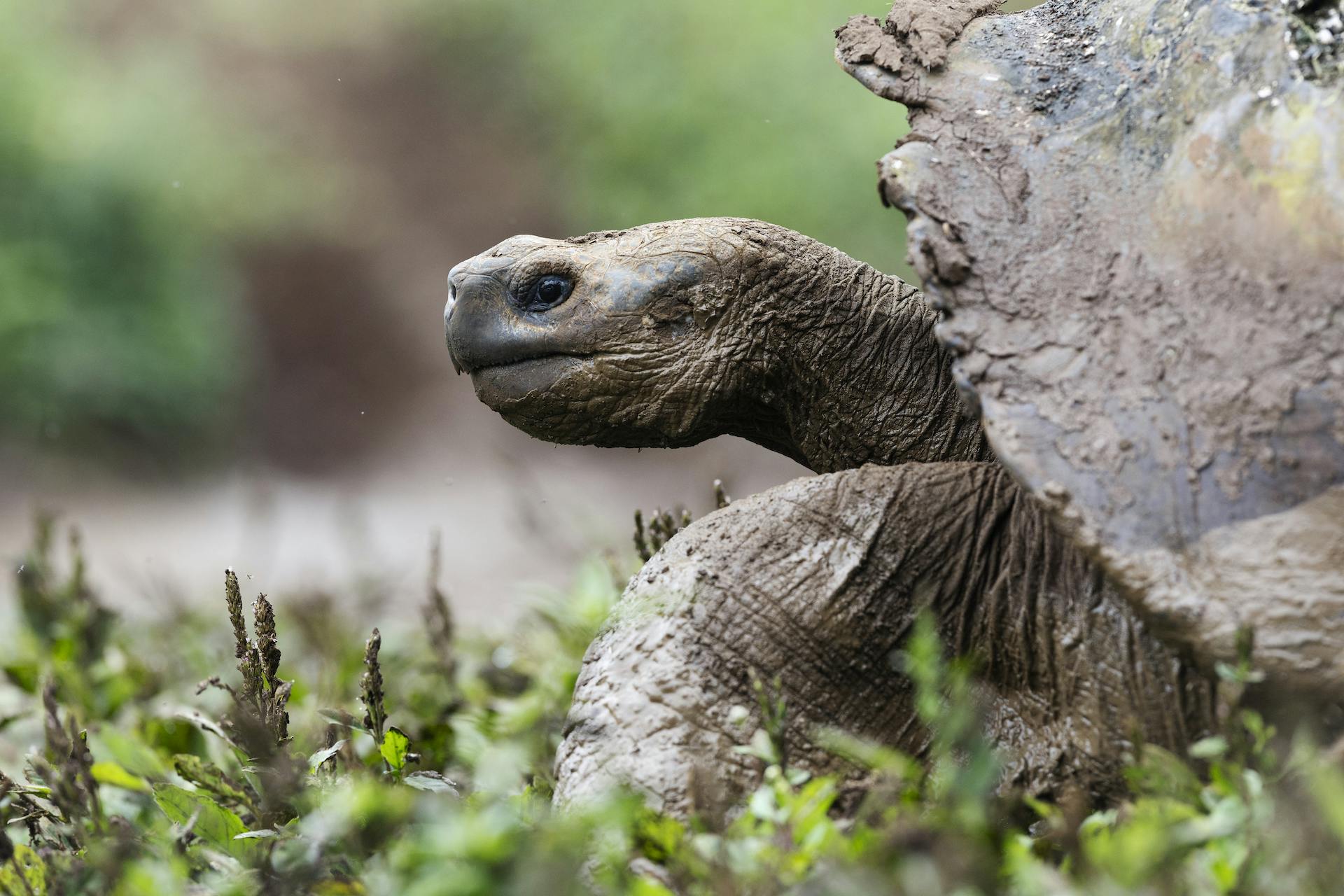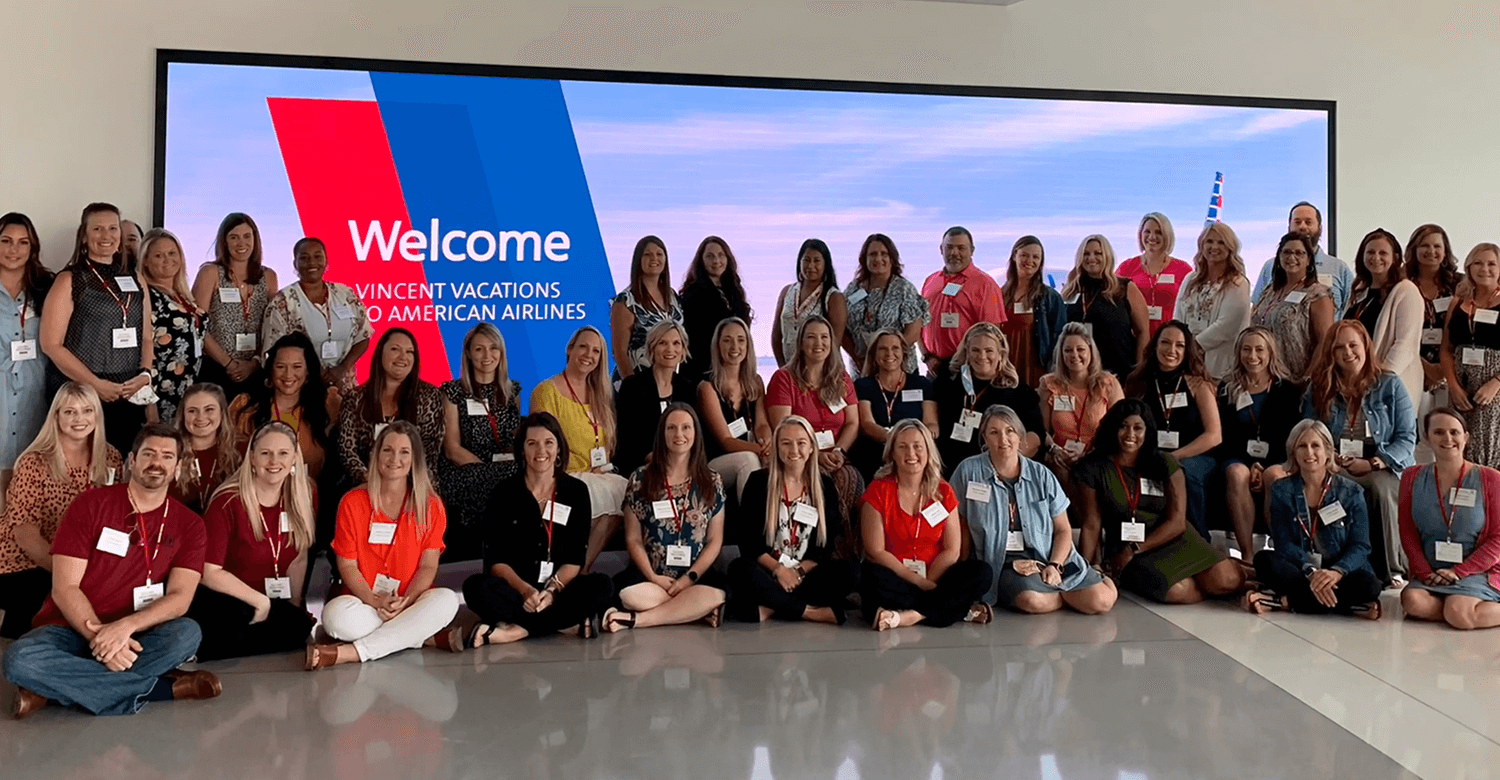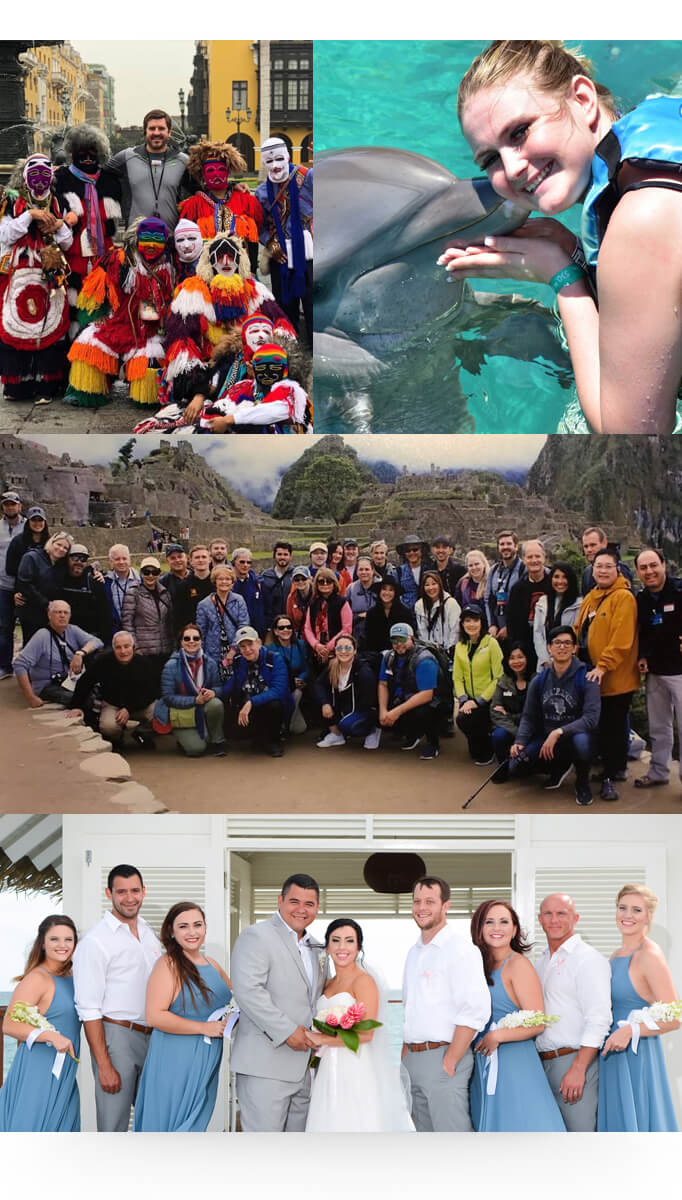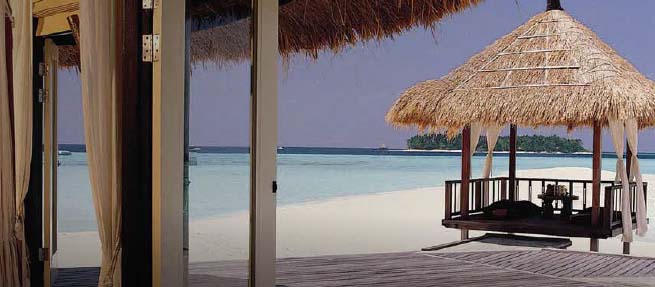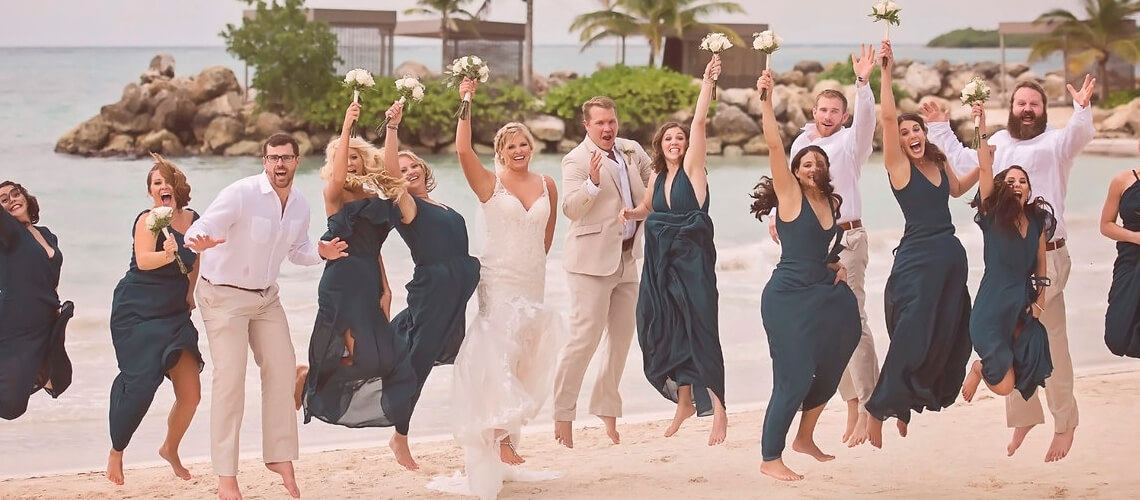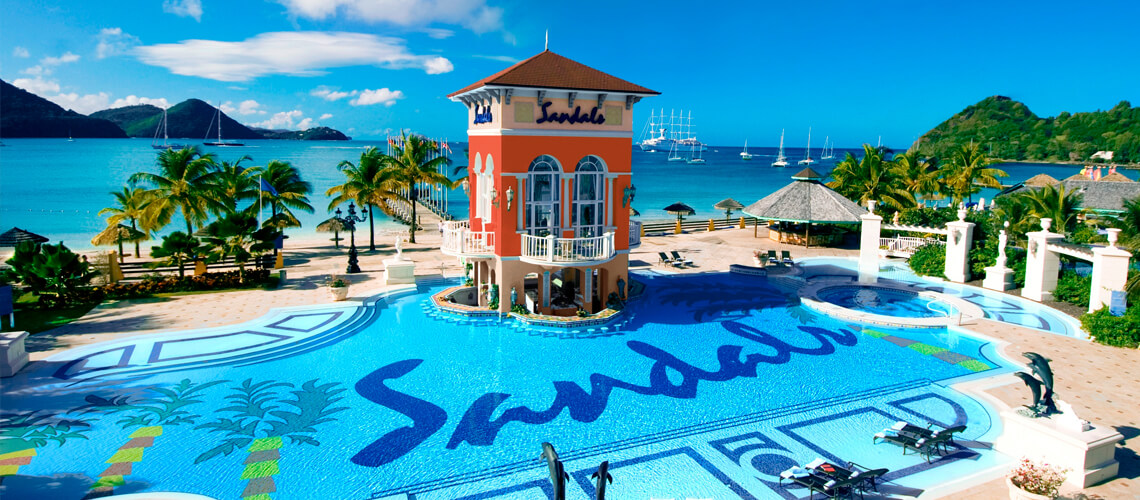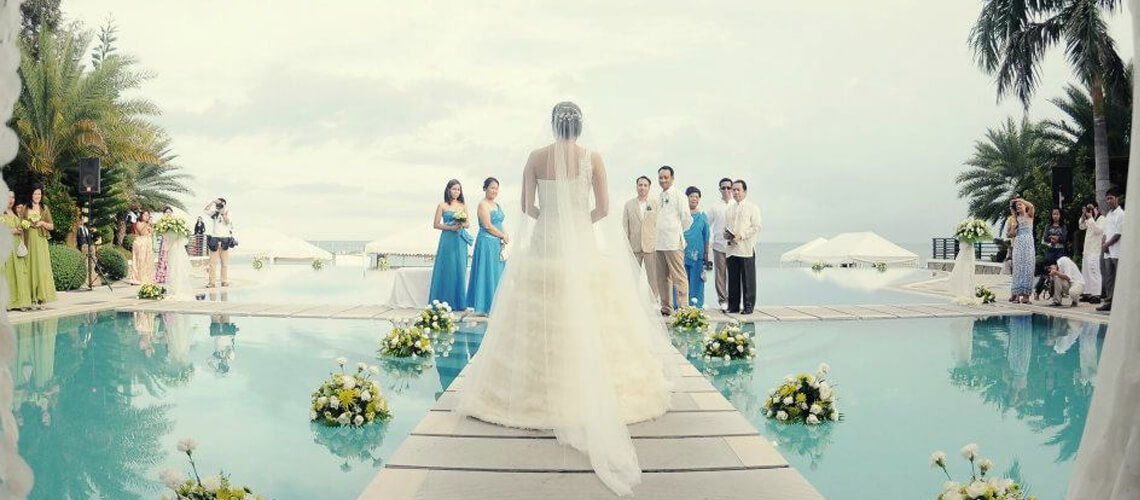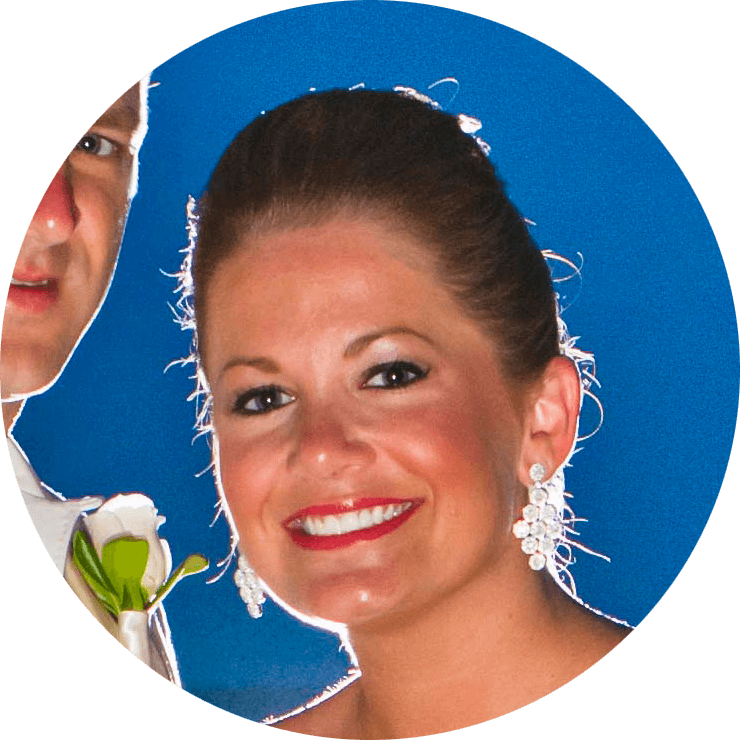The Sydney Modern Opens to Mixed Reviews. Here’s Why You Shouldn’t Miss It
Sydney Modern, the Australian city’s newest arts attraction, has rightly been called the city’s most significant cultural building since the seminal Opera House opened 50 years ago. And yet, the Modern has been called other things as well – soulless, antiseptic, and corporate. One person I talked to likened it to an airport terminal.
Some visitors may say “ooh” and others may say “oy.”
Tellingly, Sydney Morning Herald arts critic John McDonald, who has spoken disparagingly of the 183,000-square-foot gallery, backpedaled a bit after attending a media preview before the Modern’s opening in late 2022: “I’d be lying if I said I didn’t get a thrill from my first view of this building, with its clean, elegant interiors and multiple surprises.
“All new things have a special appeal, especially after such an extended dose of anticipation.”
And Sydney Modern did not disappoint. I had visited Sydney briefly years ago at the start of a Sydney-to-Shanghai cruise. A few months ago I returned for a longer stay. The city really filled me up: my first experience eating kangaroo pizza (yes, it’s a thing), people-watching at the Opera House, and not one, but two, visits to the Sydney Modern.
The story of Sydney Modern
Years in the making, the gleaming standalone gallery that’s part of the Art Gallery of New South Wales marks its transformation into a two-building art museum that nearly doubles its footprint. At the moment, the Sydney Modern has been dubbed the North Building and the original the South Building. New names are in the offing.
The $230 million expansion, designed by the Japanese firm SANAA, is a blend of art, architecture and landscape rooted on a sacred spot overlooking Woolloomooloo Bay on the southern shore of Sydney Harbour.

Perhaps the greatest – and by no means coincidental – beneficiary of the new space is the Yiribana Gallery, which displays Aboriginal and Torres Strait Islander artworks. This is the first gallery visitors encounter when they enter the building (since 1994, the collection had been in a basement next door). Fittingly, Yiribana means “this way.”
The installation comes at an important moment for Aboriginal art. Once confined to the margins of the art world, interest in Australian Indigenous art has escalated globally, according to critic McDonald. In a recent article in GoodWeekend magazine, he points out that major dealer Larry Gagosian is showing Aboriginal art, Bloomingdale’s is featuring it in its Manhattan windows and actor/comedian/writer Steve Martin is a fervent fan.
Take your time exploring here

Confession: It took me two visits – once alone and quickly, the other more leisurely and with a guide – to fully appreciate the new building and its art. Much of the art, to my eye, is colorful, textural, almost eye candy. What I discovered when I viewed it a second time with program assistant Felipe Olivares: Nothing is as it seems.
I asked Olivares to talk about the hand-blown glass installation suspended from the ceiling. I was mesmerized when I saw it a couple of days earlier. He agreed it was a showstopper, provocative and poetic. In my first-timer’s haste, I had failed to read the placard explaining Death Zephyr 2017, a piece crafted by Yhonnie Scarce that Olivares described as “politically motivated but emotionally driven.”
Scarce grew up near Maralinga in South Australia, the site of nuclear testing in the 1950s and 1960s that exposed many Aboriginal families to radioactive fallout. Each of the 2,000 glass pieces represents an individual life – and hung together they are meant to evoke a poisonous cloud. “Tears,” I thought when I first saw them.
The expansion, including the largest commissioning program in the history of the Art Gallery of New South Wales, features nine major works by Australian and international artists, including Yayoi Kusama, Lee Mingwei and Lorraine Connelly-Northey.
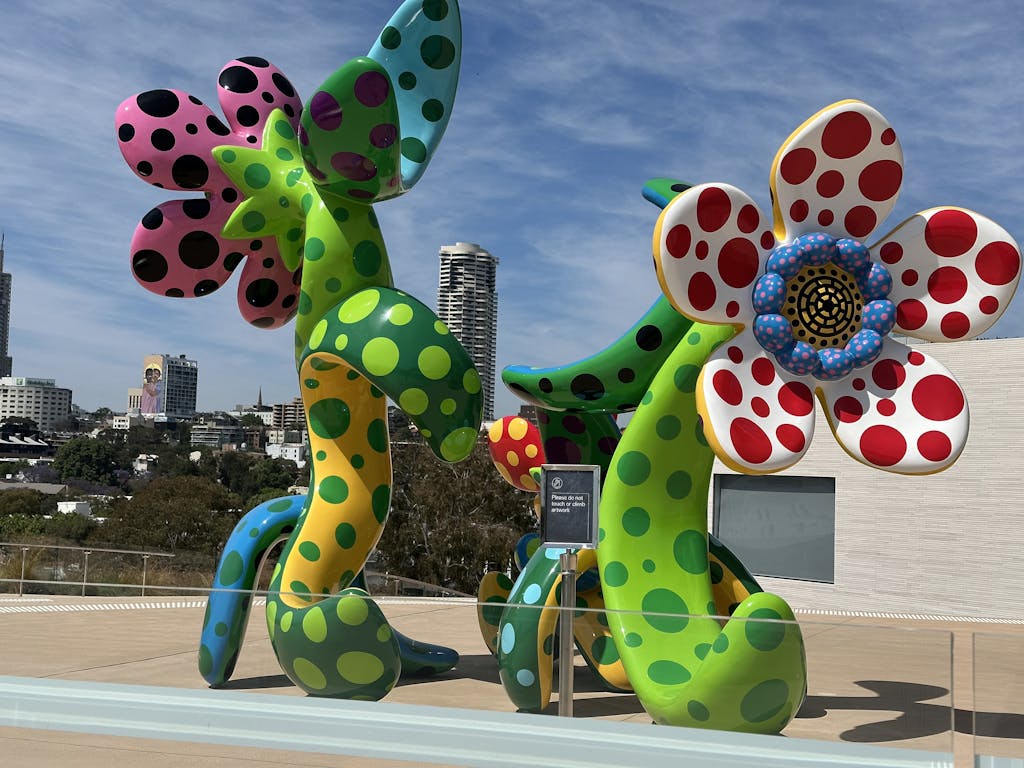
The new building, says Michael Brand, director of the Art Gallery of New South Wales, is about “place, history and potential” along with the creation of an “authentic institutional voice that allows us to speak out using the language of art to unite, illuminate and motivate.” With the gallery’s porous connection between the indoors and outdoors, Brand promises that Sydney’s newest cultural attraction will deliver “new types of spaces for new thinking and new forms of art.”
Curious?
If You Go:
The Sydney Modern sits on the edge of the Royal Botanic Garden, also a must-see. Turn right when you leave the front entrance and it’s a short walk to the harbor and one of the best views of the Opera House, a UNESCO World Heritage site. Turn left, and it’s a 10-minute walk to the Central Business District and dozens of high-end shops.
Admission to the gallery is free. There are several guided tours offered each day plus an audio guide features the voices of artists and curators. The Modern is open from 10 a.m. – 5 p.m. daily, and until 10 p.m. Wednesdays.
